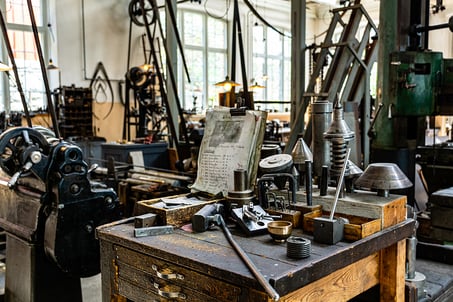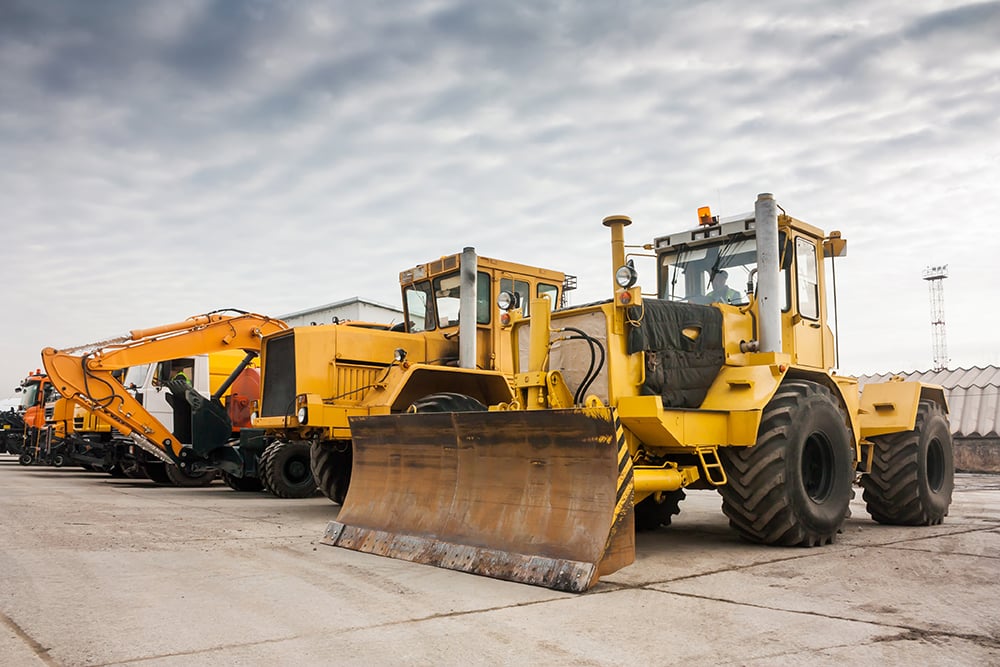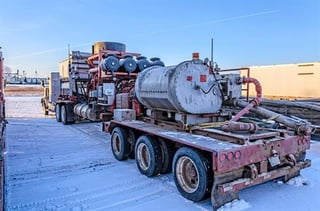
Being accredited equipment appraisers affords us the opportunity to be aware of the overarching transactions that our valuation work is tied to. In many cases, it is a straightforward buy/sell scenario in which our client is looking to resell used machinery that has become excess to their operation or is being upgraded with newer models.
Most times, our customers request we estimate Fair Market Value, which is the gold standard definition of value when looking at an arm’s length transaction where both the seller and buyer are on an even footing. This level of value is ideal from the seller’s perspective, given that they can expect to receive the best price for their equipment. However, there may be factors involved that will create a different situation.
For example, the owners may not normally be in the business of remarketing used equipment and need to turn to machinery brokers or dealers to facilitate a sale. Banks and leasing companies that recover their equipment and need to resell their assets would also fall into this category.
Time can also be a factor that plays into the equation. Some resellers would prefer to cash out of their used equipment sooner than later, which will result in a level of compulsion on their behalf that will ultimately affect the sale price.
In these situations, the seller needs to understand what a reasonable range of value is so they can be realistic with expectations when entering the unfamiliar scenario of reselling their used equipment.
Appraisers can greatly assist with developing this range as they can suggest to the client that they include both an Orderly and Forced Liquidation Value along with the Fair Market estimate.
Having two or three different value premises to consider instead of one will provide realistic expectations depending upon the situation the seller finds themselves in. If they would rather avoid being directly involved in the resale effort altogether, they might consider placing their assets in an auction, which would be more in line with forced liquidation. Or if they end up selling directly to a used equipment dealer, they may look to realize an orderly liquidation value level.
Whatever situation you find yourself in when needing to resell used equipment, consider looking at a range of values, which can be accomplished by speaking with an experienced appraiser who understands the differences and can help steer you in the right direction.





